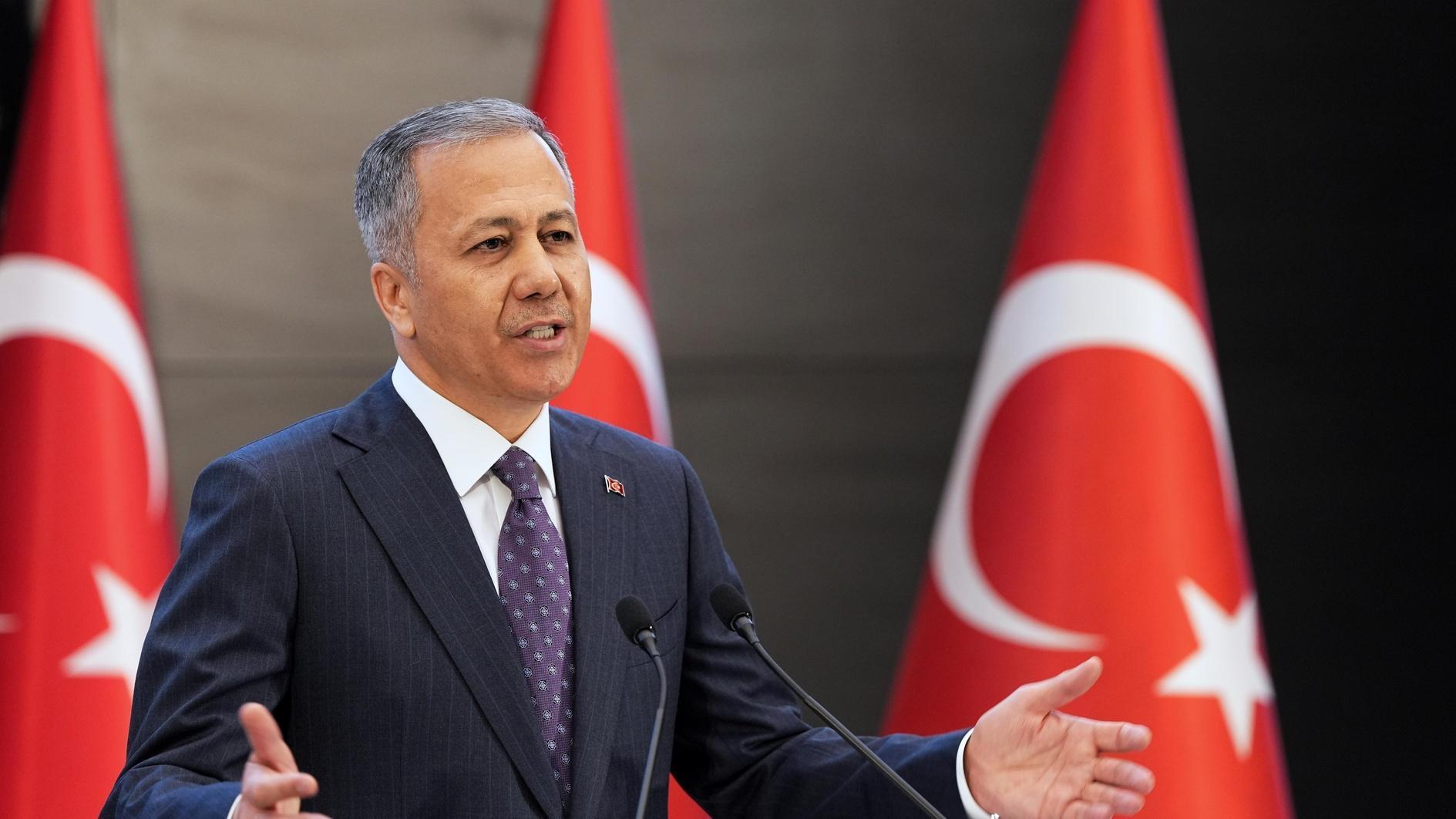Morsi takes Egypt by surprise
Egyptians should be immune to surprises by now, but they were again taken off balance this week when the nation was informed of the president’s decision to relieve Field Marshal Hussein Tantawy and his deputy General Sami Enan, of their positions, decorate them and take them on as advisors. In one neat stroke, President Morsi ended the shared power status quo that has prevailed since his election.
Currently, and until Egypt has a constitution and elects its new parliament, Morsi enjoys total power.
It took a few hours for the new reality to sink in. For those who looked to the army to safeguard a complete takeover of the Muslim Brotherhood, the decisions were a harsh wake up call. Egyptians, who voted Morsi into power, were joined by some who hailed this as move forward towards the change required. For most, it once more rocked their worlds with confusion and the fear of the unknown. The news seemed to be well received internationally, and a few days later positive economic support for the country was highlighted by the newly appointed prime minister.
The president himself was quick and adamant to reassure everyone that this was not done in retaliation against anyone or any institution, insisting that the move was in the best interest of Egypt.
The two were replaced by younger officers from the ranks who are yet not well known by the public. The move included other leading officers who were also relieved of their posts and given non-military positions. The president was confident enough to leave on a state visit the next morning.
There is no doubt that the changes were well received within the political establishment and seemingly also within the military. After more than a year of a public power struggles between the Supreme Military Council, who had been managing Egypt’s affairs, and the Muslim Brotherhood’s Freedom and Justice party, this one smooth move ended the standoff peacefully in favor of the latter. However, the opposition is growing. Again, President Morsi has yet to demonstrate that his loyalty is to Egypt and not the brotherhood, that he is non-partisan, and that he will live up to his presidential promises, which he must do if he is to gain the trust and support of many Egyptians.
The package of decisions included more to contemplate: Two other, even more consequential decisions were announced. The president named a deputy, Judge Mekky, and declared the June constitutional decree null and void. Without a constitution and short of an elected Parliament, Morsi reigns freely for the moment. A deputy who comes from the judiciary and is known to favor its independence might indicate an emphasis on creating a different legal structure and changes in legislation and indeed respect for the rule of law in the days to come.
On the other hand, fears of the consolidation of the rule of political Islam and the Muslim Brotherhood have been fueling the less-organized opposition into action. Calls for demonstrations on Aug. 24 have been controversial. The newly born Constitution Party seems to be slowly but surely setting up throughout the country. Its strength, together with its ability to consolidate the power of the handful of other liberal parties that have been engaged in the confrontation so far will only become apparent in the expected parliamentary elections this year.










